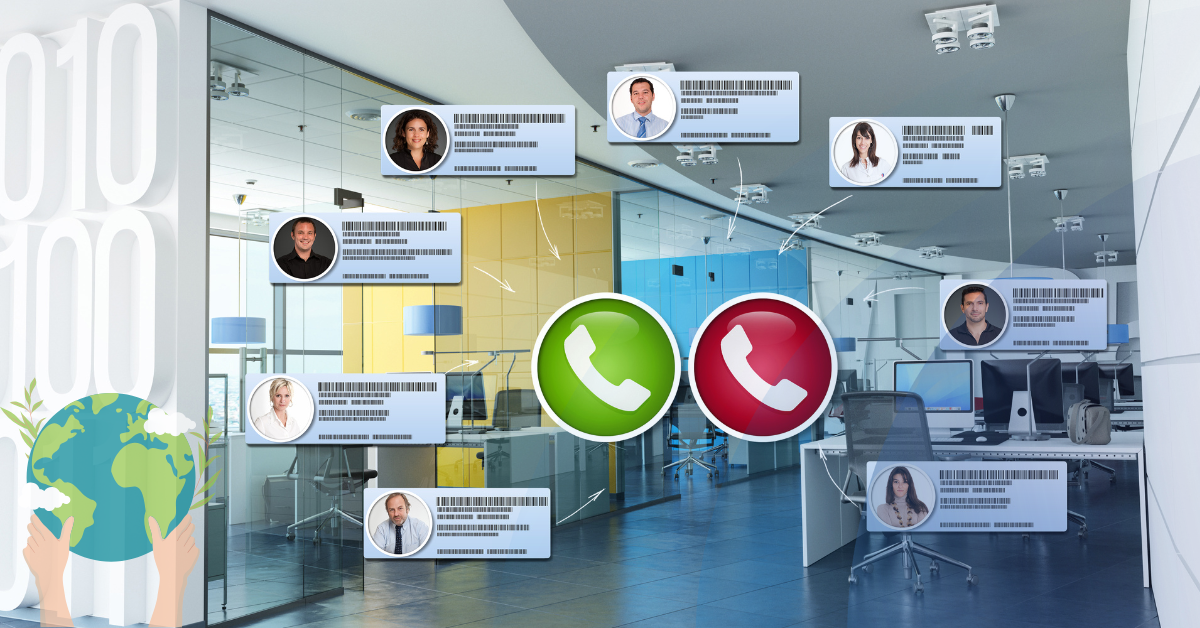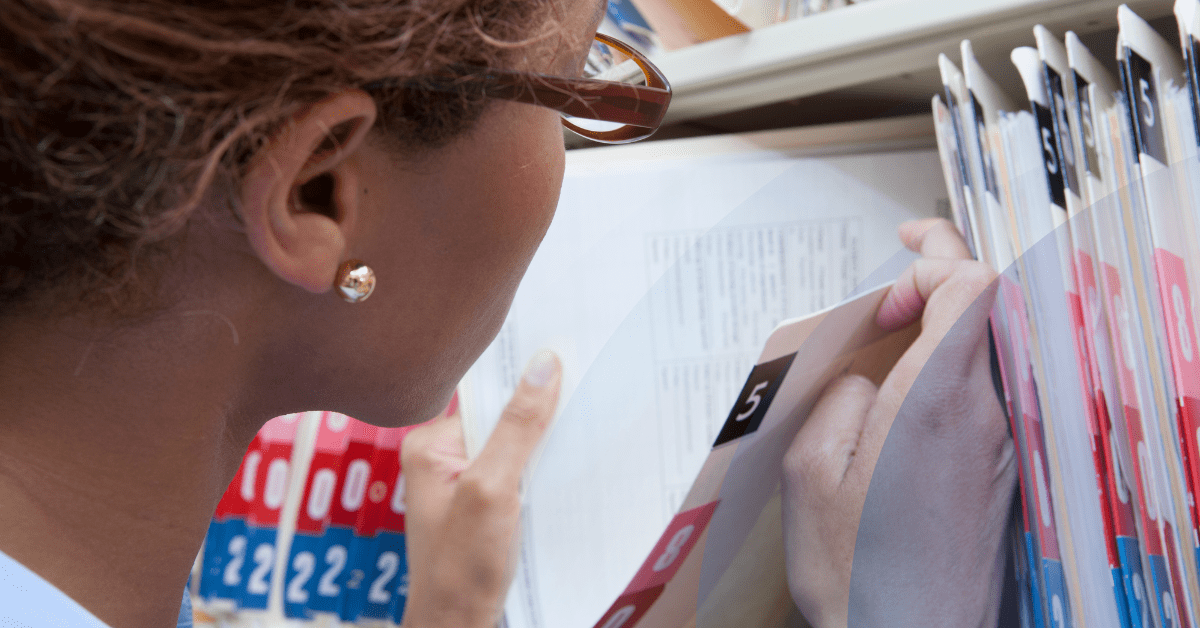Millions of us are still working (and living) at a distance due to COVID-19. We’re heading into another holiday season socially distanced, and it’s having an impact. Even if you’re taking steps to help remote workers prevent burnout, balance working from home with homelife, and avoid Zoom fatigue, it can still be a difficult time for many.
In fact, it can have a negative impact on overall health. Did you know an article in Public Policy & Aging Report states that loneliness is as bad for your health as smoking 15 cigarettes a day? In 2021, we’re well aware of smoking as a bad habit and detriment to our health, but we’re only at the beginning of seeing how loneliness and isolation impact the masses.
Fortunately, there are answers and they’re generally easier than kicking nicotine. With these practical actions, you can help your remote employees build strong social ties, connect to their colleagues and leadership, and promote stronger communication – all of which help battle loneliness and isolation.
Why are social interactions and social support important?
Besides the obvious health benefits, there are business benefits as well. Research shows social support is important because it can cushion us against a variety of anxieties, including workplace stress and isolation, that can compromise health. Better health means fewer sick days. Less stress often means more focus. Keeping people engaged benefits everyone. It makes sense to put a few things in place to facilitate social interactions.
Greatplacetowork.com studied employee experience and found key aspects of workplace culture that affect how connected and supported employees feel. They have discovered several key points that contribute to the well-being and mental health of employees:
- Work relationships are meaningful – we spend more time per weekday with colleagues than family and friends, so it’s not surprising.
- Management is approachable – feeling supported goes a long way in reducing stress and improving communication.
- People cooperate – the more you talk to someone, the easier they are to approach when there’s a challenge to solve.
- Interactions between colleagues are empathetic – similar to approachable management, having a supportive team helps identify miscommunications when they happen and before they spiral out of control.
- People feel they “belong” to a group – belonging is the antithesis of loneliness.
So, what can you do to support your employees and bring people together?
-
Encourage compassionate activities
Giving back, with time or money, has proven to produce feel-good results. Actual “acts of kindness” can reduce loneliness as well as anxiety-producing hormones, so encouraging people to get involved could also improve their mental health.
People love to feel good, so encouraging these acts and supporting your team’s efforts can benefit them and your company. People who feel good about what they do are more likely to stay engaged and champion their workplace.
At Omnia, we’re discussing local charities to support as a company-wide activity, and many of our employees have activities they support outside of work. Perhaps one of our next ice breakers (see #4) can be about “acts of kindness”.
Evidence shows that online acts of kindness are as beneficial as face-to-face acts of generosity. There are several ways to encourage philanthropy while working remotely:
- Get involved in an online charity auction or event
- Support a local team together
- Offer to match donations up to a set amount
- Allow PTO for charitable activities
- Set up a drive and report on your goal
- Adopt a highway or do a beach clean-up together
-
Celebrate special events
It can be easy to forego celebrations when in remote or hybrid work environments. While remote work is great for flexibility and reducing commuting stress (and cost), it can also be easy to overlook achievements.
There’s good news here as well. “Celebrations” don’t have to be elaborate. If you know your employees, you can provide a personalized touch or a thoughtful gift with your verbal congrats. A little customization goes a long way.
We celebrated Tony Curtachio during our All Company meeting to acknowledge 25 years at Omnia. Among other things, we offered congratulations and shared cake from a local favorite, Wright’s Gourmet House.
Some ideas to celebrate with your remote workforce:
- Have leadership shout-out others’ accomplishments
- Mail party favors, DIY-themed kits, or a favorite local pastry to employees’ homes for a team meeting toast. Manage employees who love reading? Make it a “Show and Tell” theme and send bookmarks, tea, and a snack! The more customized, the better.
- Treat an employee to their favorite local restaurant for lunch – have it delivered or order for pick up.
-
Initiate informal activities
In an office, people tend to gather informally or pop over to each other’s offices or desks throughout the week. These exchanges may seem trivial, but they are important to bring people together. In a remote or hybrid environment, it can be easy to not talk to a colleague for days, even weeks. It’s important to encourage interactions across departments when possible. It can build camaraderie and facilitate future communication.
Consider monthly check-ins with team members you don’t work with directly. A colleague of mine and I set up a monthly check-in when we realized we only interacted during last-minute projects, and the monthly 20-minute calls helped build a different level of communication. We regularly catch up on projects we need clarity on but also life and family things we would not discuss in a larger group. Encourage these 20 to 30-minute blocks of time; anecdotally, they’re useful in strengthening communication.
-
Cheer on “ice breakers”
At Omnia, we often have ice breakers during our cross-department monthly meetings to get everyone engaged and chatting (aloud or in the chat). It’s a fantastic way to learn about the colleagues you don’t see throughout the week.
-
Check in on a 1:1 level
Supporting employee well-being works best when individualized. This can be leader-employee or peer-to-peer. Even better if you have a variety of 1:1 interactions.
These chats can be work-related but open to other topics or stressors. Sometimes, all it takes is a quick 5 minutes to talk through the workload to make you feel heard and less stressed. It also helps prioritize assignments and tasks to say them aloud to someone else.
How Can Omnia Help?
No two people are the same. Every person on your team will need varying levels of interaction and engagement. It may not be the people you suspect, especially if you have onboarded people remotely or have staff you haven’t seen regularly in months or more.
It can take months or even years on the job for you to uncover every person’s specific communication style and engagement needs on your own. In the meantime, your employees can become frustrated and less engaged or heading toward burnout if they have a manager who does not understand how to motivate them.
The Omnia Team is here to help. We help throughout the employee lifecycle to support you. Our assessments offer real, immediate insight into your team including ways to motivate them individually and challenges to watch out for so you can coach a solution before there’s a problem. At the end of the day, we all just need to communicate in the methods that best fit our personalities. With the Omnia Assessment, you are leagues closer than you would be on your own.























